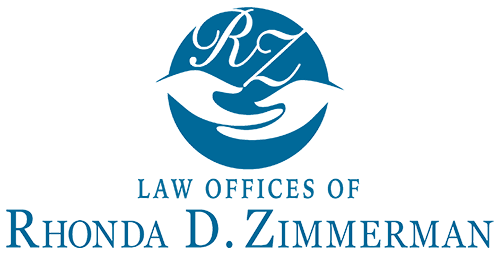High-Net-Worth Estate Planning
If you have accumulated significant wealth, you should have a strong and comprehensive estate plan to protect your assets, minimize taxes, and ensure your intended beneficiaries receive what you want them to receive after you pass away. High net worth estate planning can help you to accomplish your goals. Here are five tips from Fort Lauderdale estate planning attorney Rhonda D. Zimmerman, Esq. to ensure your wealth is protected and your wishes are followed.
1. Conduct Estate Planning
Some people put off estate planning and believe that they have plenty of time to address it. However, the unexpected could happen at any time. If you fail to create an estate plan, your estate might be subjected to estate taxes, or you might be left footing the bill for long-term care. As a high-net-worth individual, your estate plan might require more than the basic documents, including a will, advance directive, and power of attorney.
2. Review Ways to Avoid Estate Taxes
There are several ways you might avoid estate taxes. You should review the options to choose the ones that fit your situation the best. Here are some choices to consider:
- Create a charitable remainder trust to receive annual income while sending the remainder to your designated charities.
- Create a spousal lifetime access trust to benefit your spouse and transfer your assets to the successive generation.
- Create a grantor-retained annuity trust (GRAT) to reduce gift and estate taxes while transferring assets that are appreciating to your heirs.
3. Incorporate Gift Planning
Giving away some of your wealth during your lifetime up to the exclusion could be a good strategy. If you do, you can give away assets without owing gift taxes on the amounts as long as you remain under the lifetime exclusion. As of 2022, a married couple can gift up to $24.12 million during their lifetimes without having to pay gift taxes. Once you reach this limit, you can still give away $16,000 per year without having to pay gift taxes.
4. Leverage Life Insurance
If your estate consists of a large number of illiquid assets, it could owe more estate taxes than what is available in liquid assets. A good way to avoid this problem is to purchase life insurance that can be used to pay estate taxes so that your heirs won’t have to sell the illiquid assets to pay them. Life insurance can also be used to ensure your heirs receive equal inheritances. For example, if you want to leave your business to one child but also want to ensure your second child receives equally valued assets, you could use life insurance to make sure they receive equal amounts.
5. Portability
The current federal gift and estate tax exclusions are scheduled to expire in 2026. If your spouse dies before 2026, you might be able to transfer the unused portion of their estate tax exclusion to yourself. This could add millions in exclusions to benefit your heirs. However, there are specific steps to elect the portability of the unused portion of your spouse’s estate and gift tax exemption.
Talk to a Fort Lauderdale Estate Planning Attorney
If you are a high-net-worth individual and need help with planning your estate, you should speak to Fort Lauderdale estate planning attorney Rhonda D. Zimmerman, Esq. To learn more about estate planning strategies that might work for you, call us today at (954) 822-7566.




